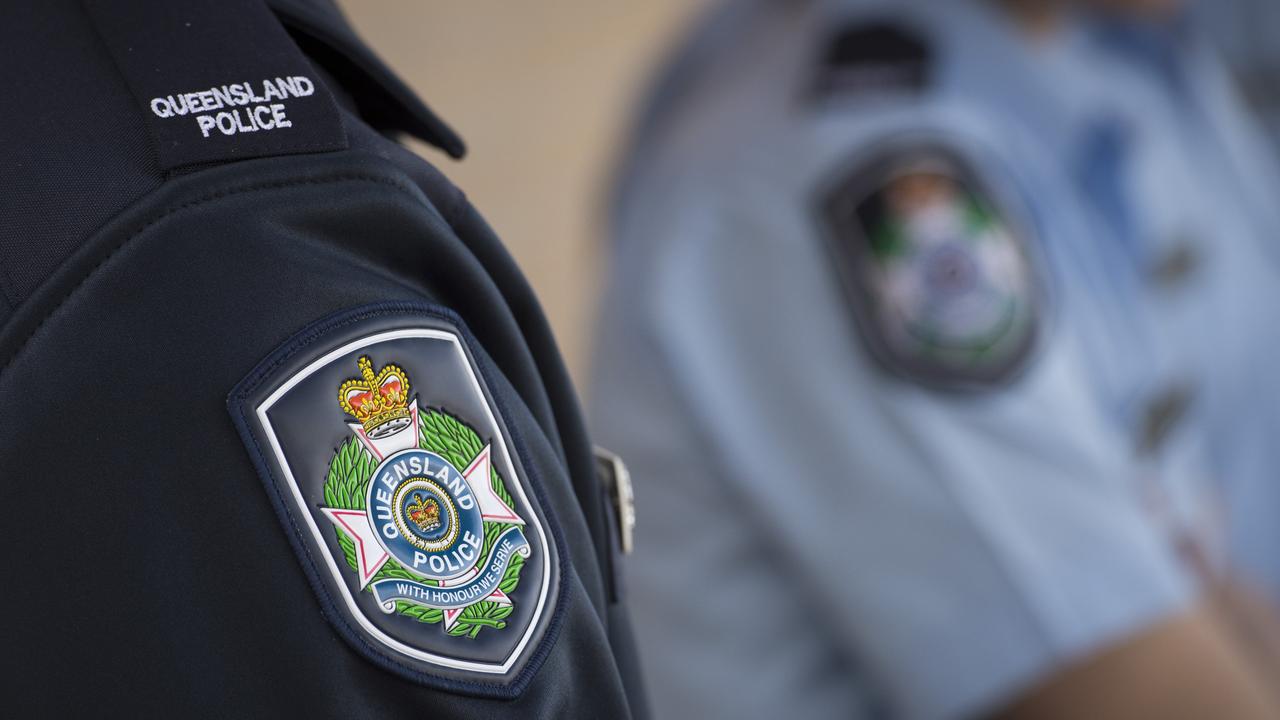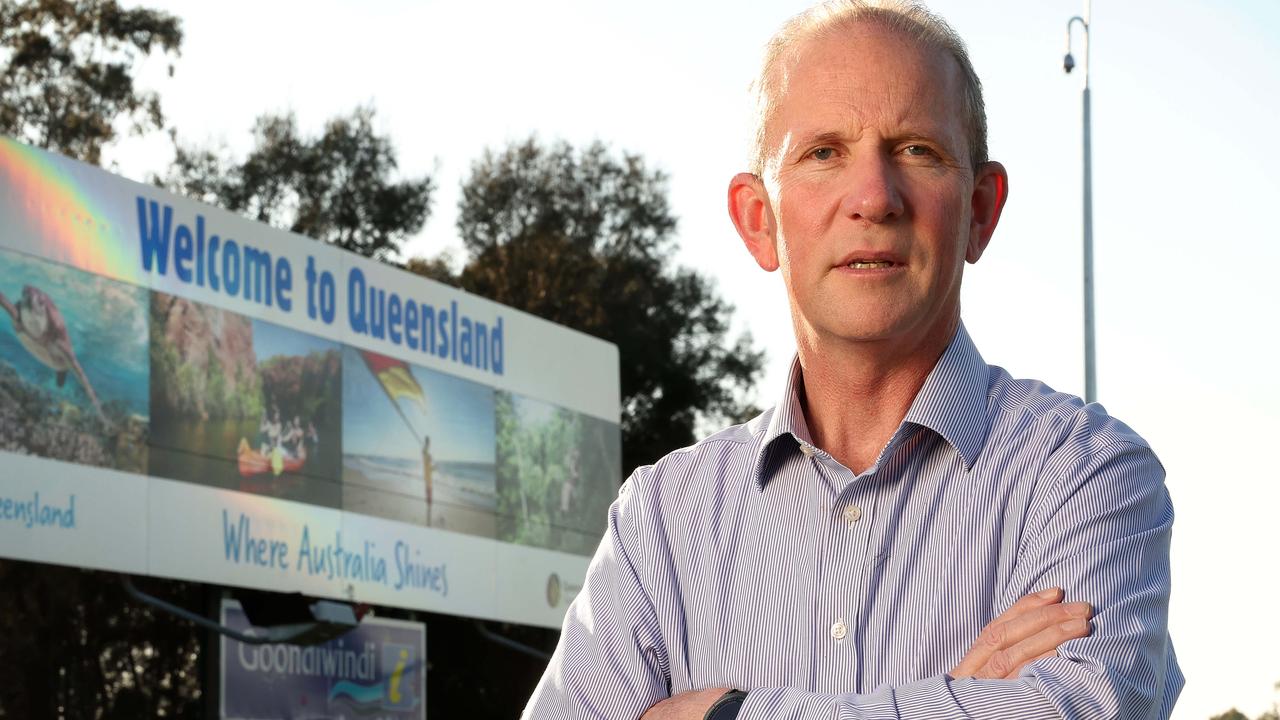Jeffrey Brooks death inquest: Crayfish farm owner reveals threats before mystery death
A young man fatally wounded at a crayfish farm south of Brisbane had spoken of a ‘warning shot’ over his head, an inquest into his death has been told.
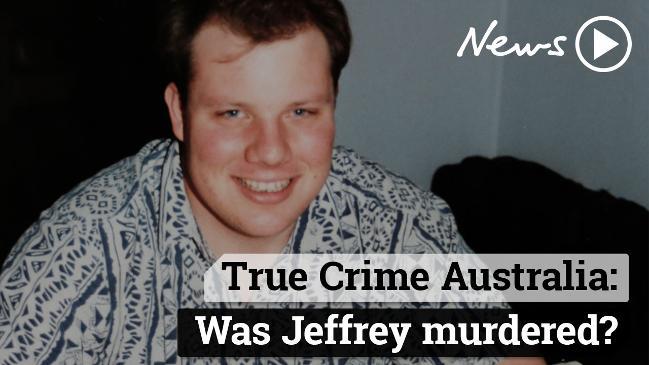
Police & Courts
Don't miss out on the headlines from Police & Courts. Followed categories will be added to My News.
Jeffrey Brooks contacted his former church youth group mentor for help in the months before he died, asking how to handle threats made against him, including a “warning shot” fired above his head at work.
Church leader Allen Eggins was called to give evidence at the long-awaited inquest into Jeffrey’s death in the Brisbane Coroners Court on Wednesday.
It is the first time Mr Eggins’ crucial evidence about Jeffrey’s fears has been officially examined after his previous attempt to report the conversation to police was “fobbed off”.
Mr Eggins said in the Christmas New Year period at the end of 1995 and start of 1996 he recalled receiving a phone call from Jeffrey asking if he could visit to talk.
“He had sort of an apprehensiveness in his voice,” Mr Eggins said.
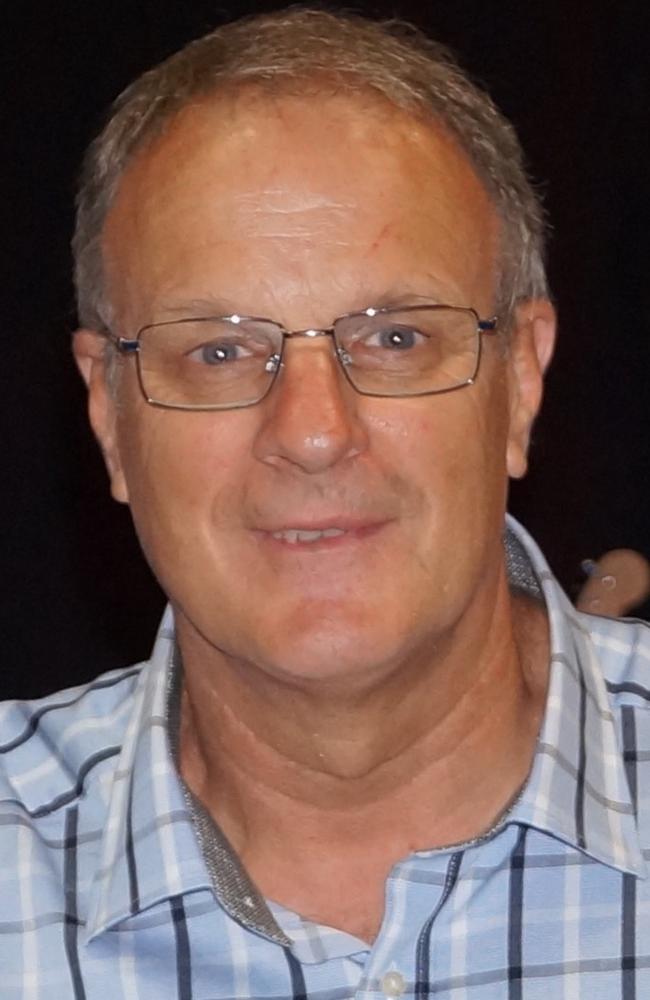
The following day Jeffrey went to visit Mr Eggins, who had also been his football team mate, but he wasn’t his “normal jovial self”.
The pair went for a swim and Jeffrey revealed threats had been made against him by people at the Beenleigh Crayfish Farm where he worked.
“And then he told me about an incident where a shot was fired over his head,” Mr Eggins said.
“He believed that was an indication he was being threatened.”
He reportedly told Mr Eggins there was a man at the farm who “wasn’t very impressed with Jeffrey’s presence” and that he’d warned if Jeffrey got further involved, he would sabotage the business.
“But he was physically and visibly shaken by it, that he thought that was a threat on his life.” Mr Eggins said.
“I don’t remember exactly but I said no partnership in any business is worth putting your life at risk.”
Mr Eggins said he took Jeffrey’s concerns very seriously, particularly the report of a shotgun being fired over his head by a “German chap” – understood to refer to the German farm manager Johannes Geiger - while he was working down at one of the crayfish ponds.
“He said when he turned around the guy said something like there was a bird there but he didn’t see anything and he took this as an indication this was a warning,” Mr Eggins said
“I knew the guy (Jeffrey) well and he was visibly shaken by the incident that had happened.”
Mr Eggins said he urged Jeffrey to go to the police, telling him: “If you think your life is in danger you should talk to the authorities.”
Months later on March 13, Jeffrey’s body was discovered with a gunshot wound on the farm.
Mr Eggins said he rang a police officer friend and said he had information that could assist the case, wanting to reveal what Jeffrey had told him months earlier.
“He wrote an email to one of the people involved in the case and he was pretty quickly dismissed,” Mr Eggins told the coroner.
He said he did not personally read the email but his police officer friend, who worked in accident investigations, was “basically he was told to go back to taking his photos and let the other guys do the real police work”.
Earlier, the inquest heard the owner of the crayfish farm had called police and urged them to treat the investigation as a homicide, a court had heard.
“I’d like you to treat this as a homicide because he had been threatened,” Greg Milham reportedly told police.
Paul Stewart, a former employee of Sailrite, which operated the seafood farm, said he and Mr Milham immediately began driving from head office at Billinudgel in New South Wales to the Beenleigh property upon learning Jeffrey had died.
Mr Stewart was called to give evidence on Tuesday morning as part of a new inquest into the mysterious death of 24-year-old Jeffrey.
The coroner will investigate theories about how he died, including whether he was accidentally shot while pulling a loaded shotgun barrel-first from a ute.
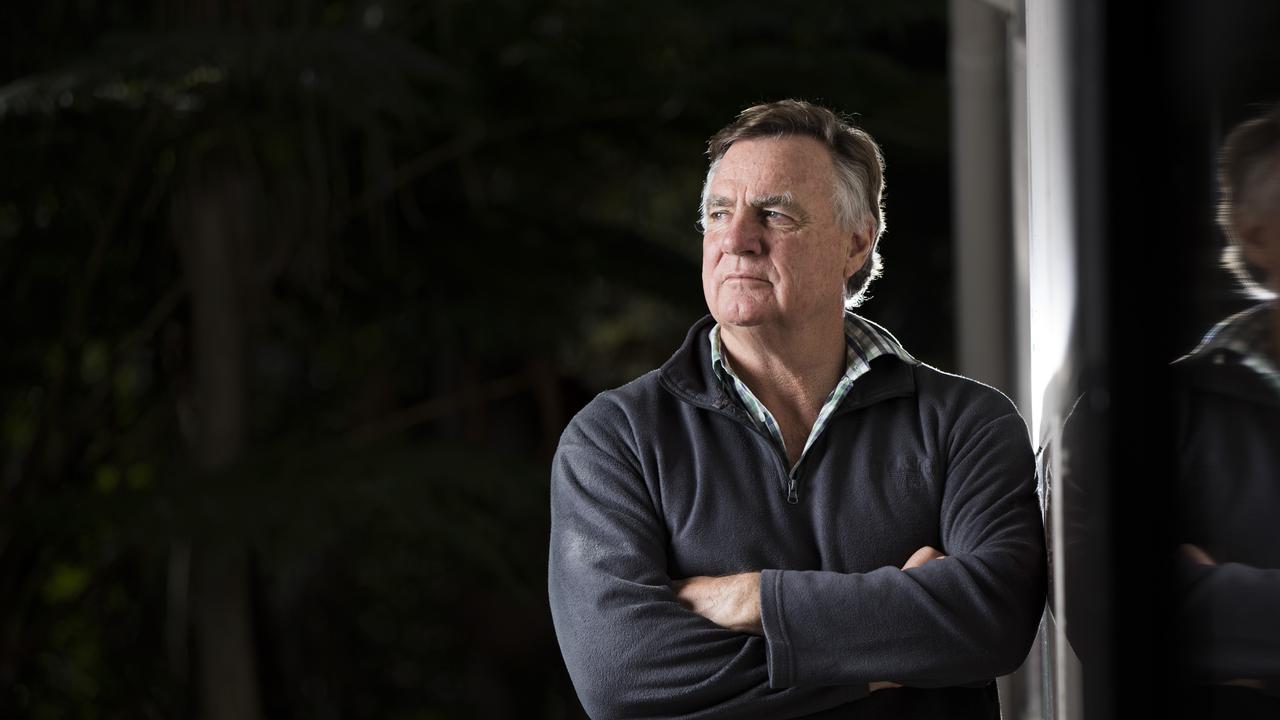
He will also consider submissions that Jeffrey was murdered amid an ongoing dispute with other farm employees who had been accused selling off crayfish for cash.
Mr Stewart said in 1996, Mr Milham used his bricklike mobile phone to call police as they raced to the farm upon learning Jeffrey died, warning them tensions had been high in the lead up to the discovery of the 24-year-old scientist’s body.
He said he heard Mr Milham tell police they should treat Jeffrey’s death as extremely suspicious.
“’It’s a homicide’, he said,” Mr Stewart told the coroner.
“I remember those words vividly.”
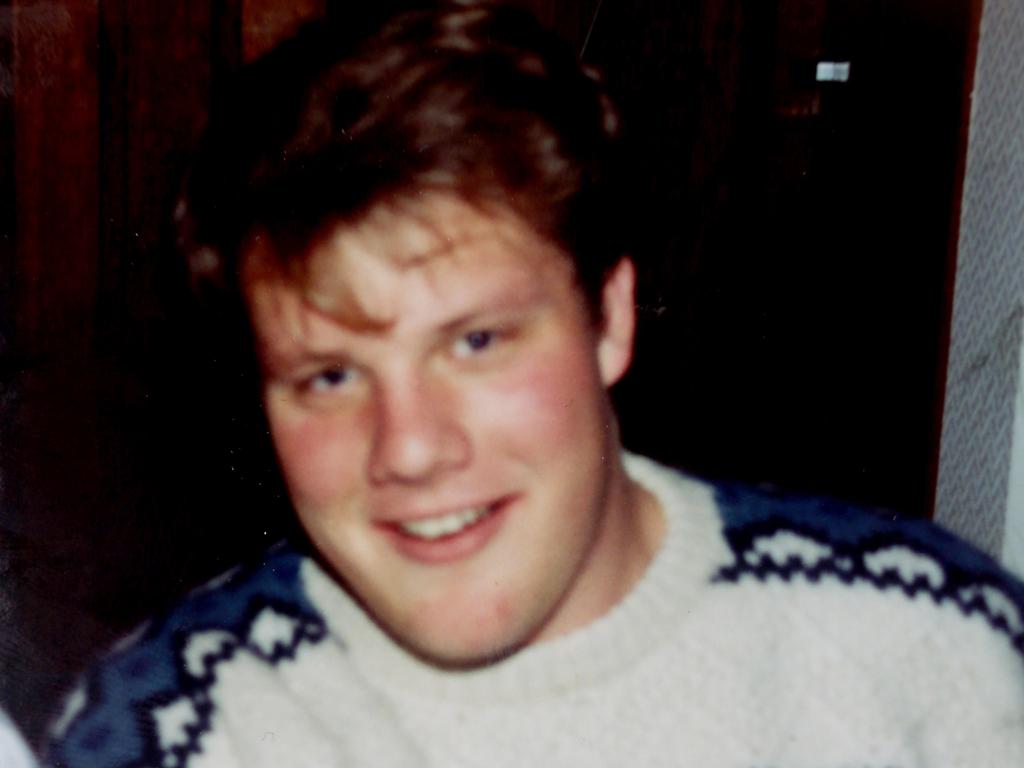
Mr Stewart also recalled a tense meeting the day before Jeffrey died with farm manager Johannes Geiger and farm hand Graeme Lloyd who had both been made redundant.
The crayfish farm was struggling financially and there were allegations staff may have been selling stock “under the table”.
Mr Stewart gave evidence that at the end of the fiery meeting, he recalled seeing Mr Geiger hold his hands in the shape of a pistol and point it at Mr Milham.
He said Mr Geiger was unhappy after a proposition he made to buy the farm was rejected.
“Well it was a threat I’m pretty sure,” Mr Stewart said of the hand gesture.
“He was letting Greg (Milham) know he wasn’t happy about the outcome with turning down the proposal I guess.”
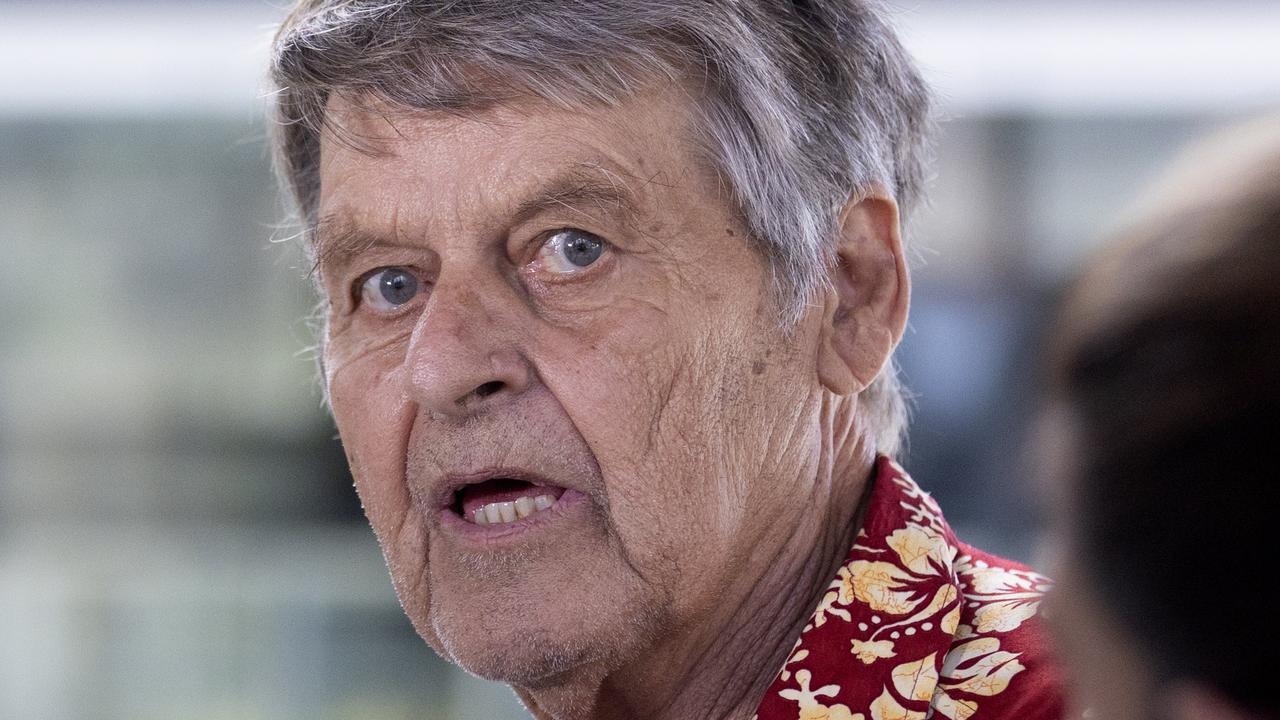
Terry Chandler worked at the Eagle Wreckers in 1996 and told the inquest on the day of Jeffrey’s death, Mr Geiger had visited the business looking for a new headlight.
He believed Mr Geiger had visited the business around 3pm for possibly 20 to 30 minutes.
Asked about Mr Geiger’s demeanour, Mr Chandler said: “I think he was a bit anxious that day”.
“In a rush type of thing to get going, you know,” he said.
Mr Chandler said that was not uncommon for Mr Geiger who was “sort of like that all the time”.
He said he remembered telling police who later interviewed him that while at the wreckers, Mr Geiger had given him a bag of crayfish, despite him not being able to source the car part he had been looking for.
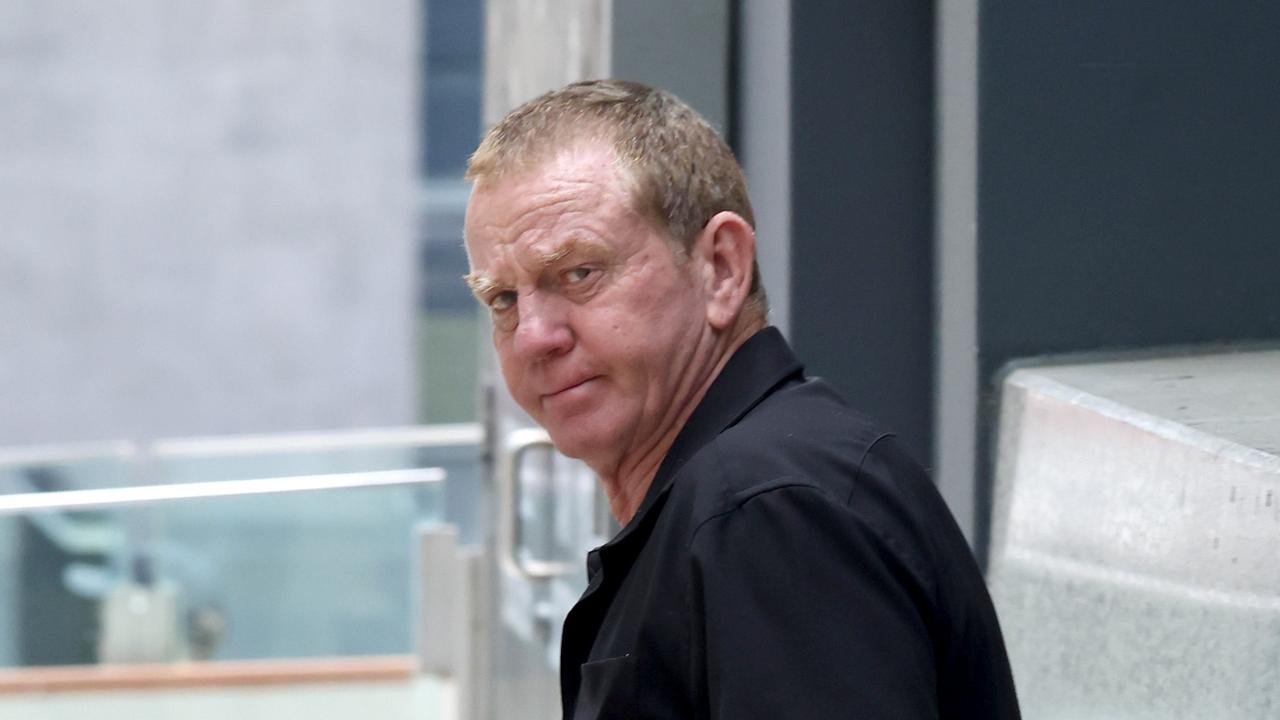
“I think it was just a goodwill gesture and he probably couldn’t take them back being seafood,” Mr Chandler told the court.
Paul Adamko at the time worked as a mechanic at another business Mech Max Muf and said he also believed he saw Mr Geiger that same day.
Asked about Mr Geiger’s demeanour, he said during his evidence: “Every time I saw him he was jovial”.
“Every time you saw him he always had a smile on his face.
Mr Adamko agreed with earlier statements that it was reported Mr Geiger had been at the business between 2.30pm and 3pm.
There is evidence before the coroner that Mr Geiger arrived back at the crayfish farm about 3.30pm and Mr Adamko said it would be about a 15 minute drive from the mechanic to the farm.
The inquest continues.




